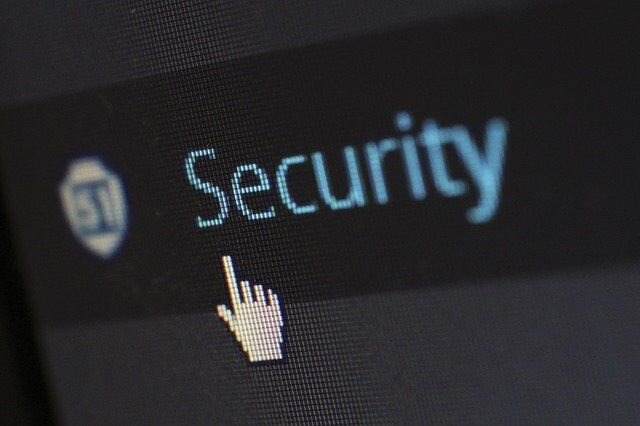Tip #1 – You are a target for hackers

Never say “It won’t happen to me”. We are all at risk and the stakes are high – to your personal and financial well-being.
- Keeping our computing resources secure is everyone’s responsibility.
- By following the tips below and remaining vigilant, you are doing your part to protect yourself and others
Tip #2 – Keep software up to date
Installing software updates for your operating system and programs is critical. Always install the latest security updates on your devices:
- Turn on Automatic Updates for your operating system.
- Use web browsers such as Chrome or Firefox that receive frequent, automatic security updates.
- Keep browser plug-ins (Flash, Java, etc.) Up to date.
Tip #3 – Avoid Phishing scams – beware of suspicious emails and phone calls
Phishing scams are a constant threat – using various social engineering(link is external) ploys, cyber criminals will attempt to trick you into divulging personal information, such as your login ID and password, banking or credit card information.
- Phone, text, or through social networking sites – but most commonly by email can carry phishing scams out.
- Suspect any official-looking email message or phone call that asks for personal or financial information.
Tip #4 – Practice good password management

We all have too many passwords to manage – and it’s easy to take short-cuts, like reusing the same password. A password management program(link is external) can help you maintain strong unique passwords for all of your accounts. These programs can generate strong passwords for you, enter credentials automatically, and remind you to update your passwords periodically.
Here are some general password tips to keep in mind:
- Use long passwords
- Use a powerful mix of characters, and never use the same password for multiple sites.
- Don’t share your passwords and don’t write them down (especially not on a post-it note attached to your monitor).
- Update your passwords periodically, at least once every 6 months (90 days is better).
Tip #5 – Be careful what you click
Avoid visiting unknown websites or downloading software from untrusted sources. These sites often host malware that will automatically, and often silently, compromise your computer.
If attachments or links in email are unexpected or suspicious for any reason, don’t click on it.
Tip #6 – Never leave devices unattended
The physical security of your devices is just as important as their technical security.
- If you need to leave your laptop, phone, or tablet for any length of time – lock it up so no one else can use it.
- If you keep sensitive information on a flash drive or external hard drive, make sure to keep these locked as well.
- For desktop computers, shut-down the system when not in use – or lock your screen.
Tip #7 – Protect sensitive data

Be aware of sensitive data that you come into contact with, and associated restrictions
- Remember to keep sensitive data protected which is kept on your workstation, laptop, or mobile devices.
- Securely remove sensitive data files from your system when they are no longer needed.
- Always use encryption when storing or transmitting sensitive data.
Tip #8 – Use mobile devices safely

Considering how much we rely on our mobile devices, and how susceptible they are to attack, you’ll want to make sure you are protected:
- Lock your device with a PIN or password – and never leave it unprotected in public.
- Only install apps from trusted sources.
- Keep your device’s operating system updated.
- Don’t click on links or attachments from unsolicited emails or texts.
- Avoid transmitting or storing personal information on the device.
- Most handheld devices can employ data encryption – consult your device’s documentation for available options.
- Use Apple’s Find my iPhone(link is external) or the Android Device Manager(link is external) tools to help prevent loss or theft.
Tip #9–Back up your data
Back up regularly if you are a victim of a security incident, the only guaranteed way to repair your computer is to erase and re-install the system.
We advise Linux users to take extra precautions while downloading & installing packages on their systems.
